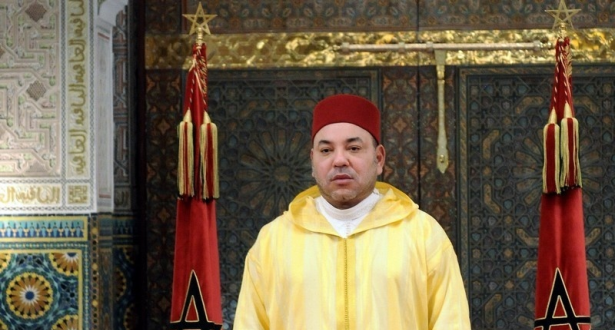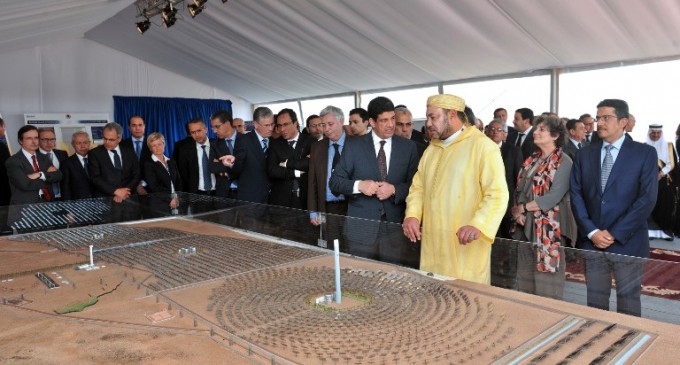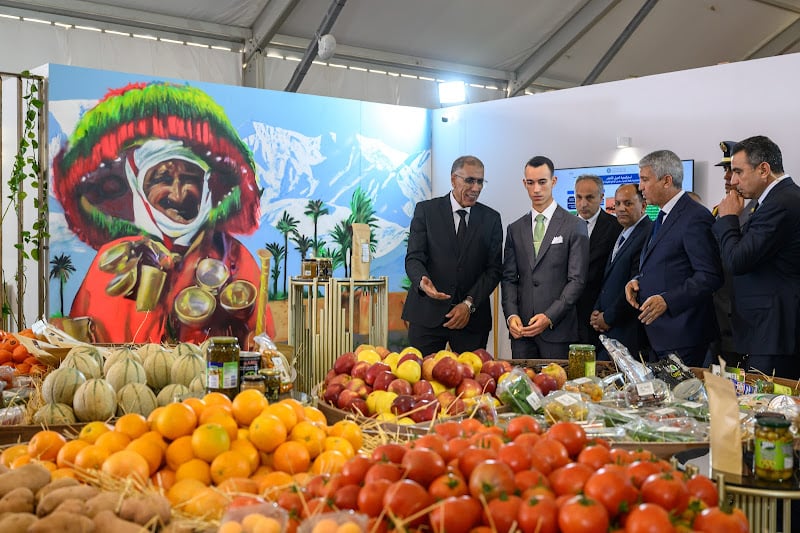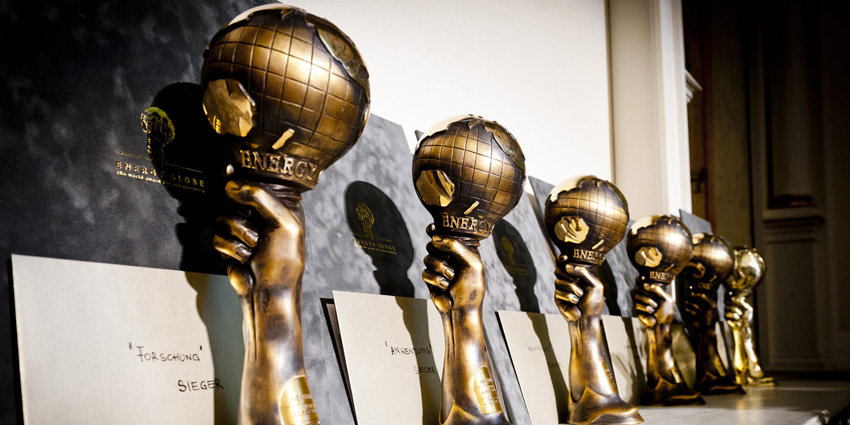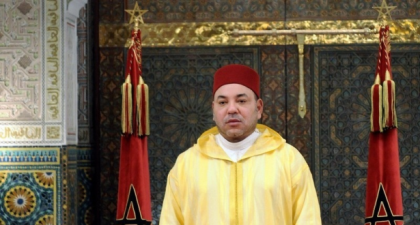 Morocco’s King Mohammed gave a good lesson in civics in a speech he delivered on Thursday on the occasion of the 62nd anniversary of the Revolution of the King and the People, a milestone in the fight against French colonization that speeded up the independence of the North African country.
Morocco’s King Mohammed gave a good lesson in civics in a speech he delivered on Thursday on the occasion of the 62nd anniversary of the Revolution of the King and the People, a milestone in the fight against French colonization that speeded up the independence of the North African country.
From the onset, the King gave clear definitions of the role of the voter and the role of the elected representatives, as Morocco is on the eve of holding local elections next September 4, that the sovereign described as “crucial for the future of Morocco, given the extensive powers granted by the Constitution and the law to regional councils and local communities.”
“For the sake of clarity, I will explain the mission and role incumbent upon each and every institution and the impact it is set to have on the lives of citizens, who have the right to know everything about the institutions serving them, so that they may make the right decision and the right choice,” he said, insisting that voters should chose honest representatives and that these representatives should, first and foremost, serve the nation and the citizens who voted for them.
The King went on to explain the tasks of the Government such as implementing laws, developing public policies, drawing up sectoral plans, improving administrative services and bringing them closer to the citizens, making it clear that “the Government is not responsible for the quality of services provided by elected councils.”
Social and administrative services citizens need in their everyday life, such as street lights, water, electricity or sanitation services, garbage collection or street cleaning, street-paving or urban transport all fall within the scope of the representatives elected in the community or region, the King said, explaining further that “contrary to what some citizens think, Members of Parliament have nothing to do with the management of local affairs. Their duty is to propose, discuss and pass laws, monitor Government action and assess public policies.”
The king lashed out at elected officials who do not fulfill their duties properly and some of whom do not even know the people who voted for them, imputing the citizens’ lack of interest in elections to the behavior of some elected representatives who “think that their mission starts and ends with registering as candidates. Once they are elected, they disappear for years, only to show up at the following poll.”
Addressing political parties and candidates, the king said “the purpose sought from elections is not to hold senior positions, but to serve the citizens.”
King Mohammed VI who denounced votes buying and selling as a blatant sign of disrespect for voters and as acts punishable by law urged voters to “vote for competent, credible candidates, who are committed to serving the public good,” and to “make a conscientious, responsible choice, for tomorrow you will have no right to complain of mismanagement or poor services.”
“Voting is a right and a national duty, a major responsibility that has to be shouldered. It is a tool in your hands; you either use it to change the daily management of your affairs or to maintain the status quo, good or bad.”
“In this regard, I call on civil society actors and unions to get deeply involved by urging citizens to participate in the electoral process,” King Mohammed VI said, adding that “the citizens’ power to protect their interests, find solutions to some of their problems, hold their representatives accountable and replace them, can be summarized in one word: ‘vote’.”
